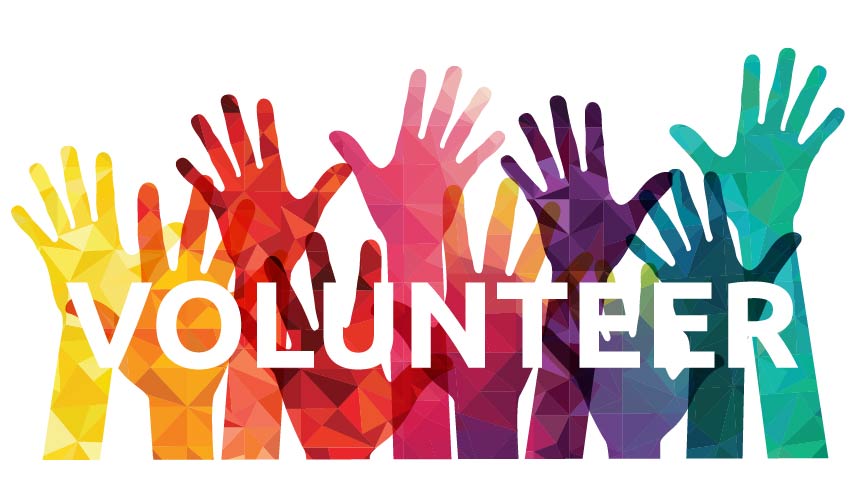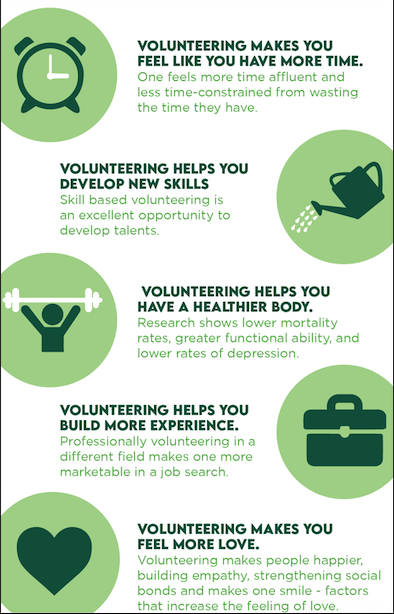Service

The importance of service and volunteering
A leader in healthcare is a luminous sun, not only from which clinical treatment blooms, but also from which desire for knowledge is stimulated within each patient. A physician can fix occurring ailments, however to truly care for the whole person, they must also inspire patients to be more proactive, educated, and enthusiastic about their own health knowledge, leading them to a richer, more fulfilling life. This transfer of passion for learning from physician to patient exemplifies the power of meaningful medicine.
Why do medical schools require volunteering? Because service and medicine go hand-in-hand. One cannot effectively serve their community unless they embrace service and volunteering into their life. I believe that it is essential for these values to be instilled. A physician should be aware of the many underserved communities across the nation lacking adequate healthcare, and strive to serve as a leader working towards minimizing these disparities. A commitment to service provides insight on minimizing the inequalities in healthcare, while also providing opportunities for comprehensive care that can be applied directly to the local community. With continued awareness, education, and activism, we should always do our part to minimize disparities of all kinds. It doesn’t have to start when you’re a physician. You can start engaging in meaningful service now!


Examples of volunteering
Volunteering is something that is required by almost every medical school. The amount of hours desired depends greatly on each individual school alongside their mission statement. Use your opportunity to volunteer to do something you are truly passionate about! For example, I am immensely gratified and passionate about serving those with special needs. This has been an activity I’ve loved since high school, so in undergrad I made sure to be thoroughly involved as a volunteer for the Special Olympics!
Volunteering is divided into clinical and non-clinical experiences. Medical schools want to see both. Clinical volunteering can help you learn how to interact and meaningfully connect with patients. Non-clinical volunteering is your chance to give back to your community or a specific cause.
my volunteering experience
To give you some ideas on what meaningful volunteering and service looks like, I will recount what I’ve done during my 4 years of college and 3 gap years. Please note, that your volunteering does not need to be this extensive to get into medical school. I am just truly passionate about volunteering and service and wanted to do a lot!
Volunteering:
Hospital volunteer at the Pediatrics Department, Oncology Department, and Front Desk across two major hospitals. Served as Program Director for Volunteering for the Oncology Department.
Volunteer coach at the Special Olympics for multiple different sports.
Volunteer tutor and mentor at a Computers4Kids after-school organization for underserved youth.
Volunteered at clinical venues like a RAM clinic and city church throughout a formal Summer Academic Enrichment Program at VCU.
Volunteer at my college’s Astronomical Observatory!
Volunteer for the Asha for Education charity and the Hoos for a Cure charity.
Environmental clean-up and local community volunteer during a service-mission to Costa Rica through an Alternative Spring Break program. Later, served as a program director to create my own volunteer trip to Puerto Rico.
Free tutoring for different demographics of students across multiple different clubs I was in, such as free tutoring for transfer students.
Volunteer at my hometown’s food pantry for distribution to food-insecure children and refugees.
As you can see, there is a wide-range of volunteering you can do. The most important thing is that you just do something, and you feel fulfilled doing it!